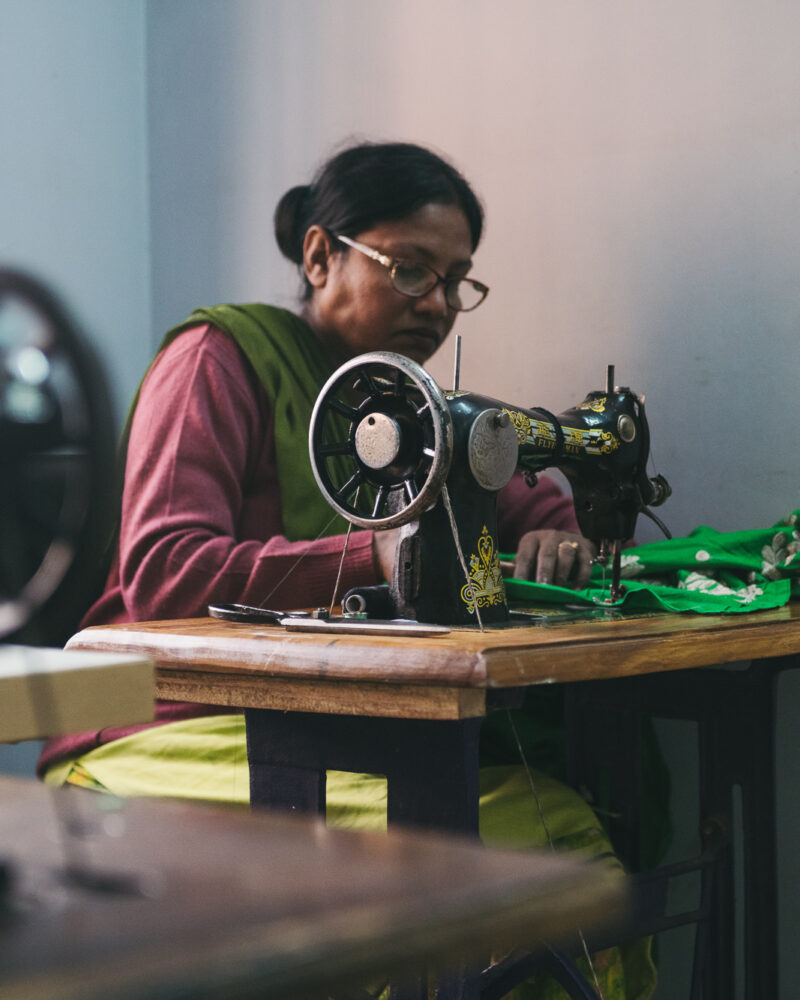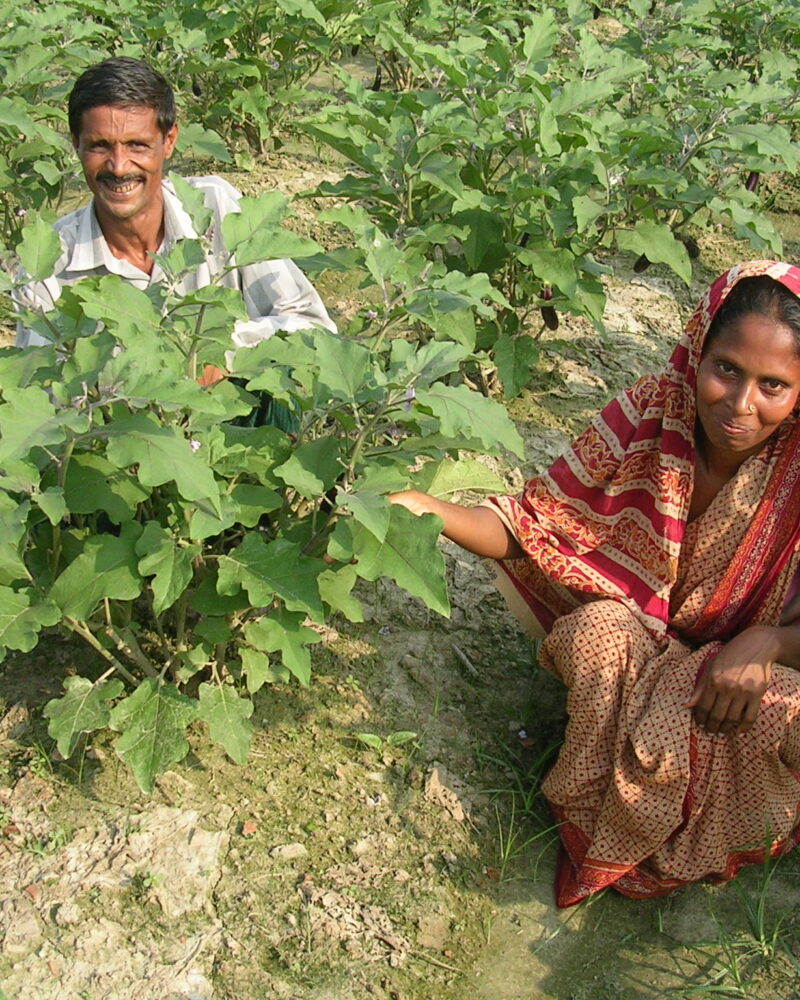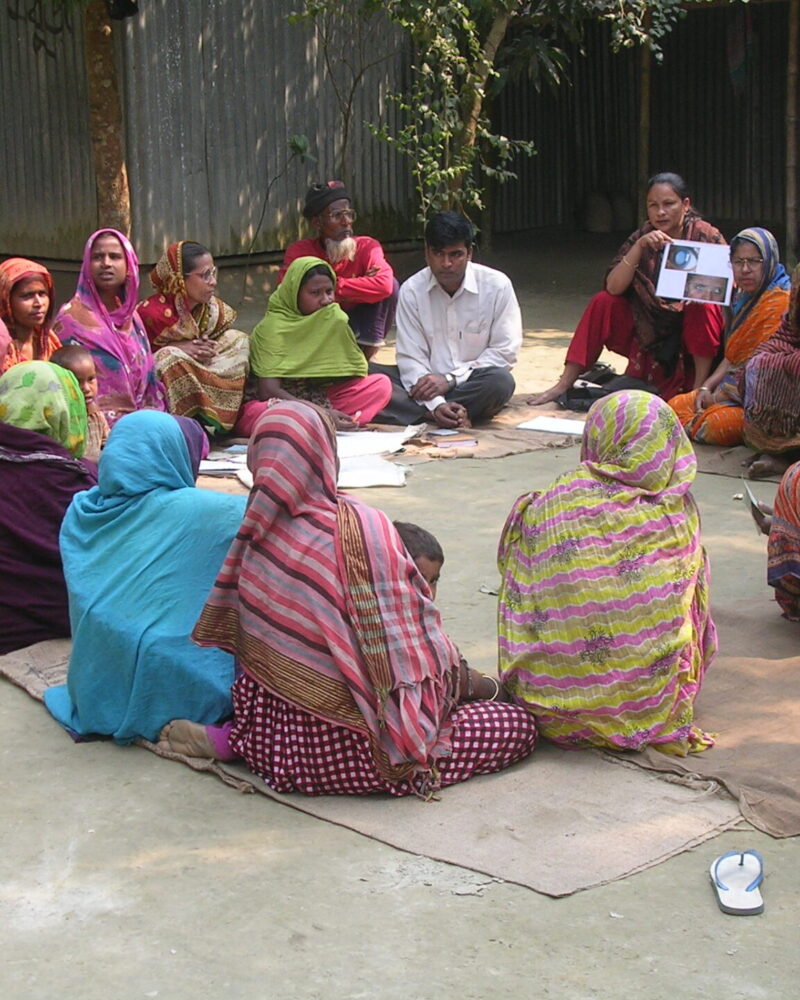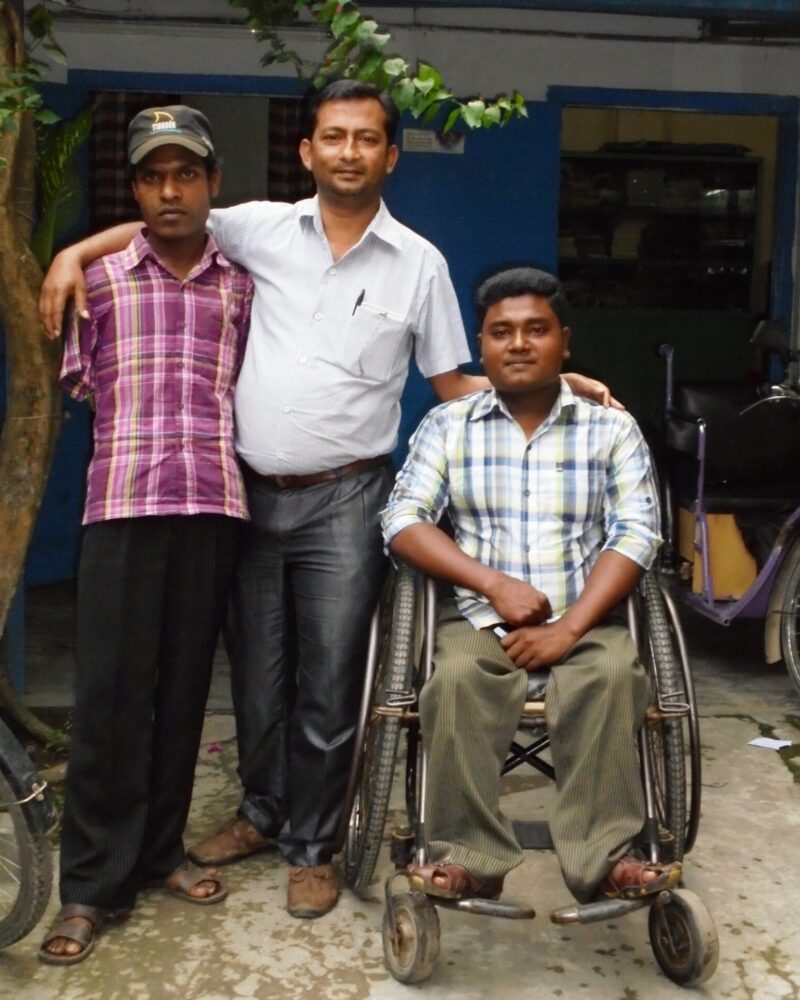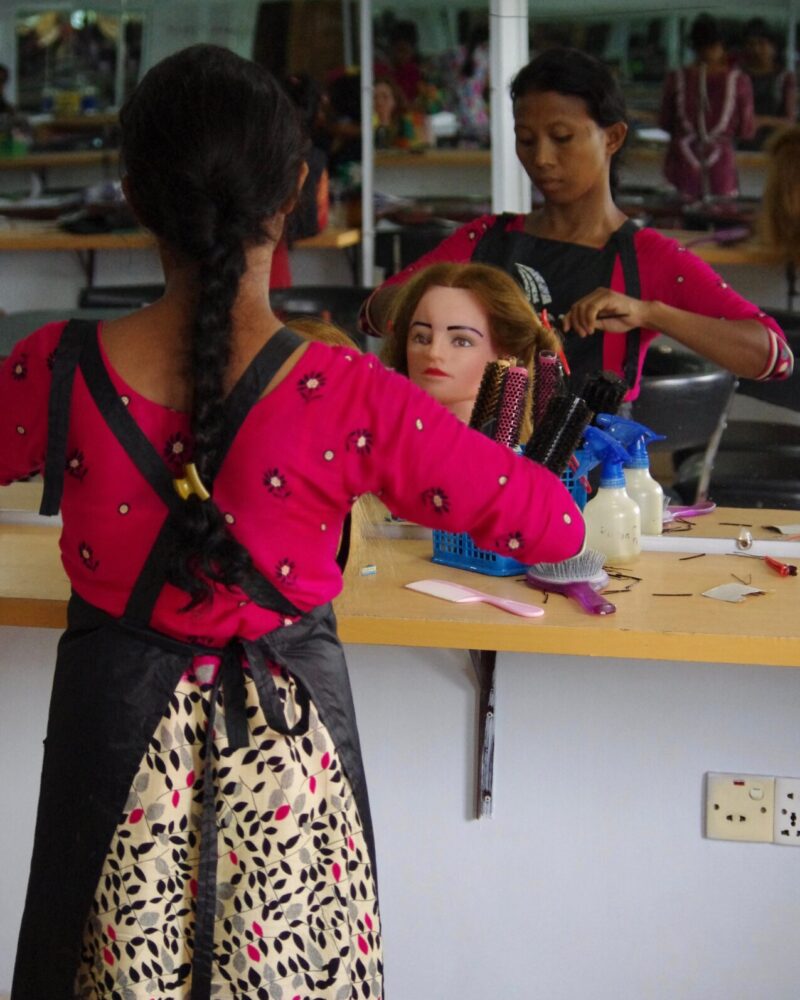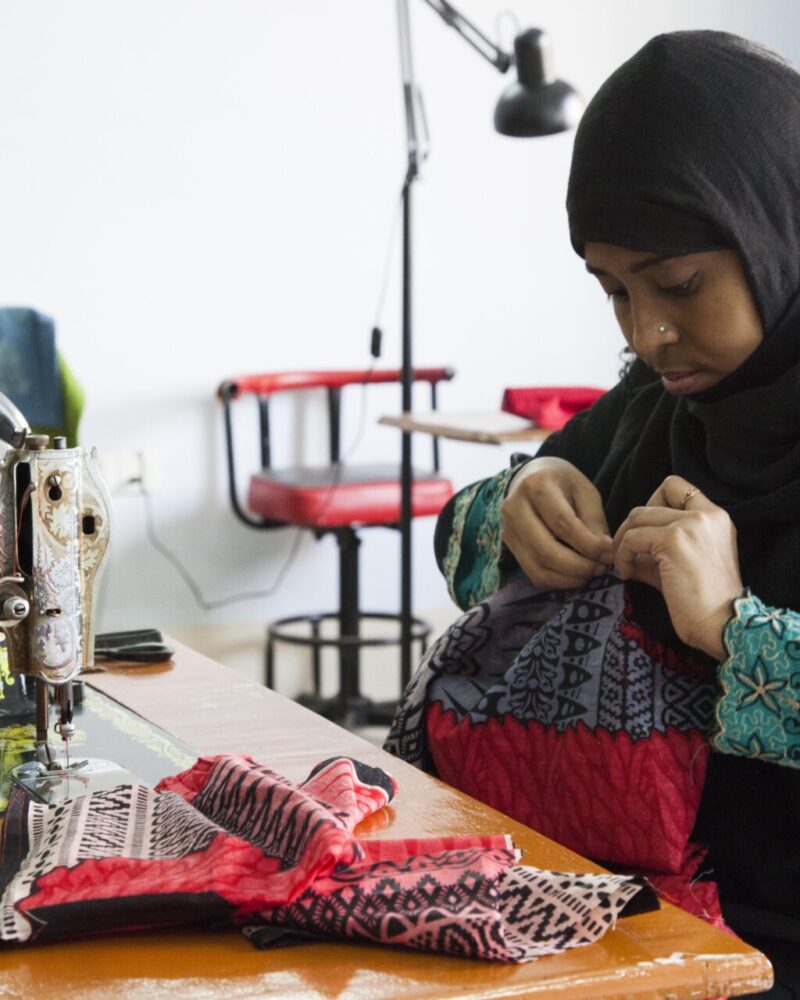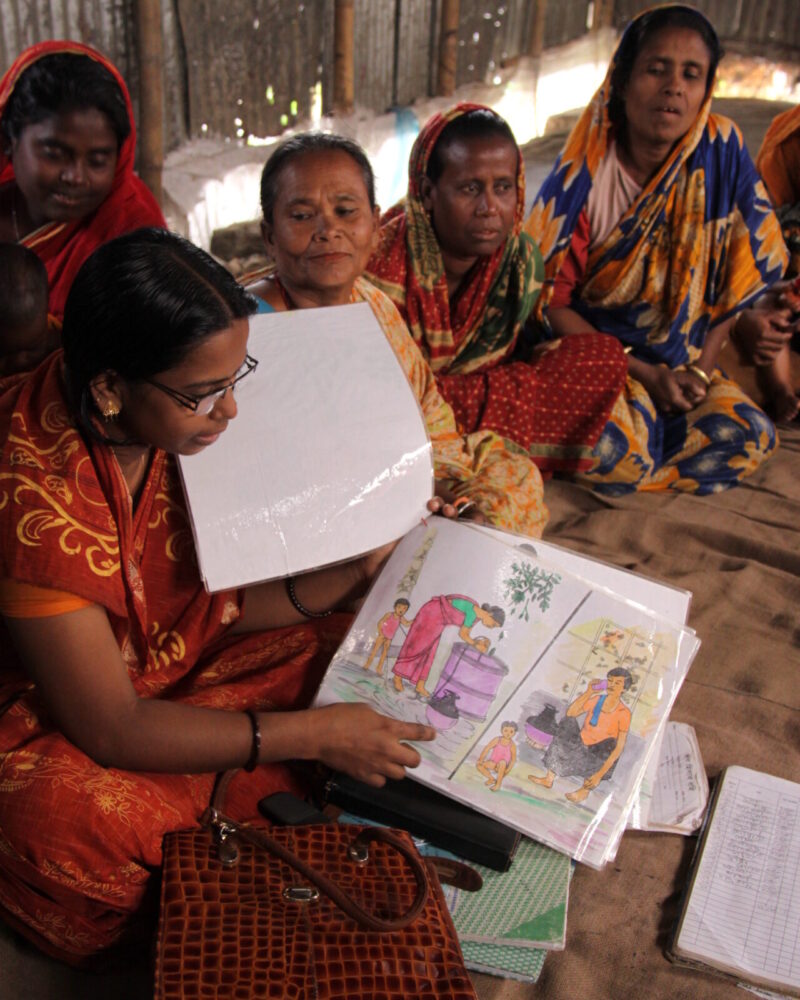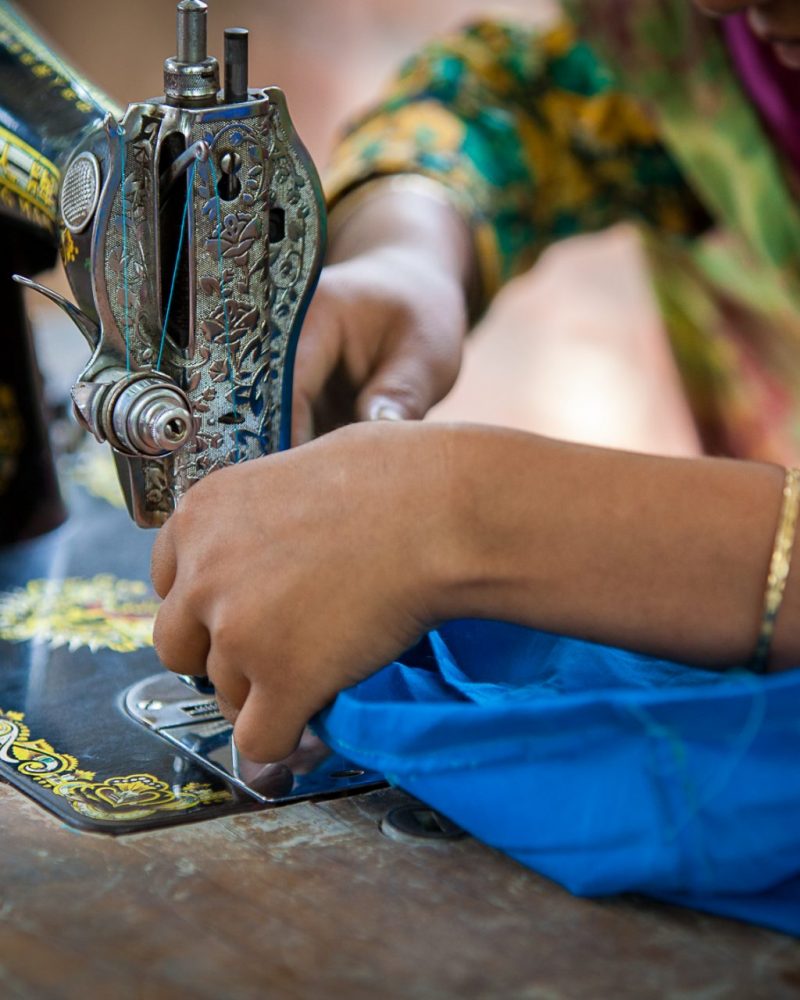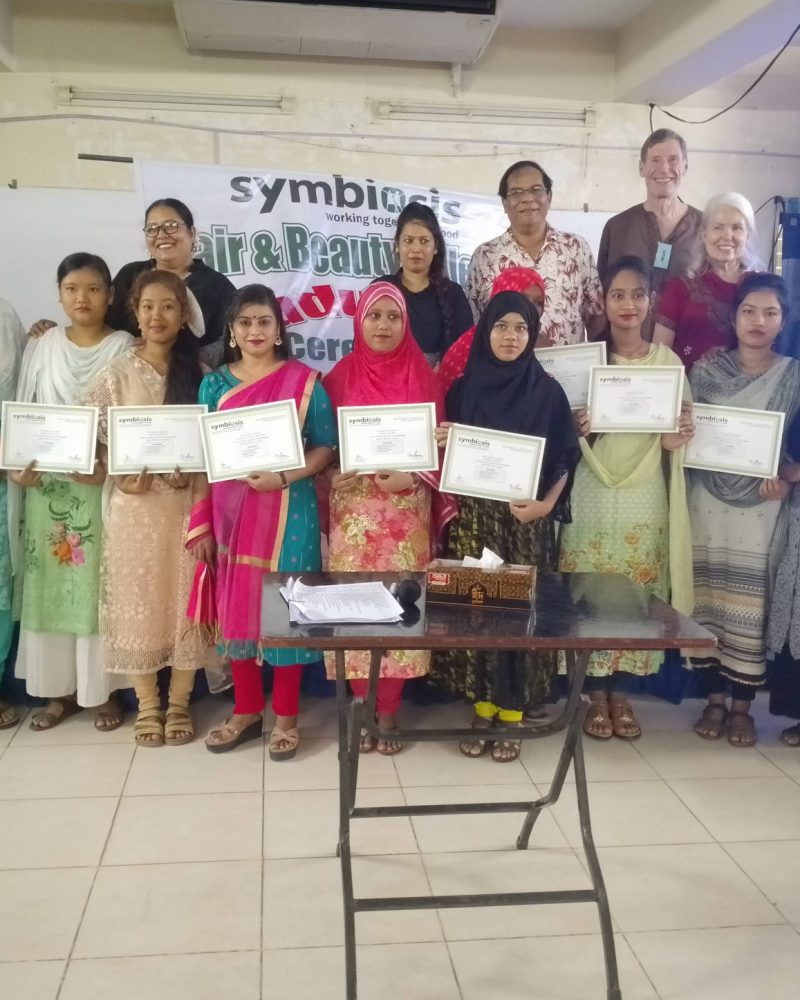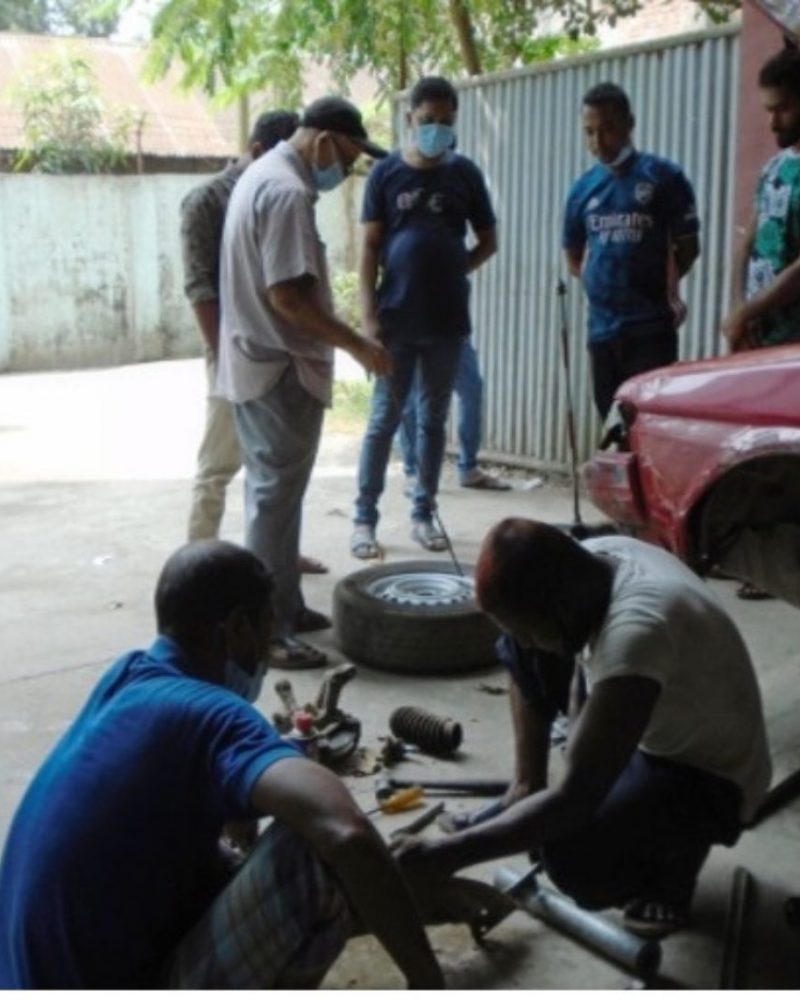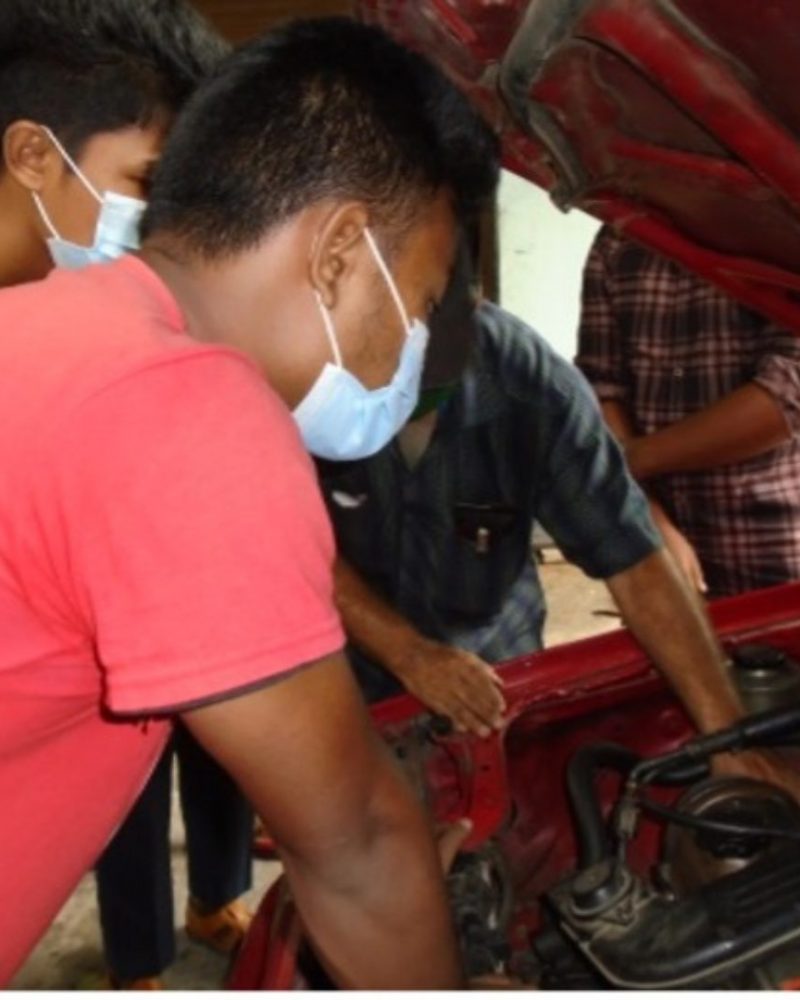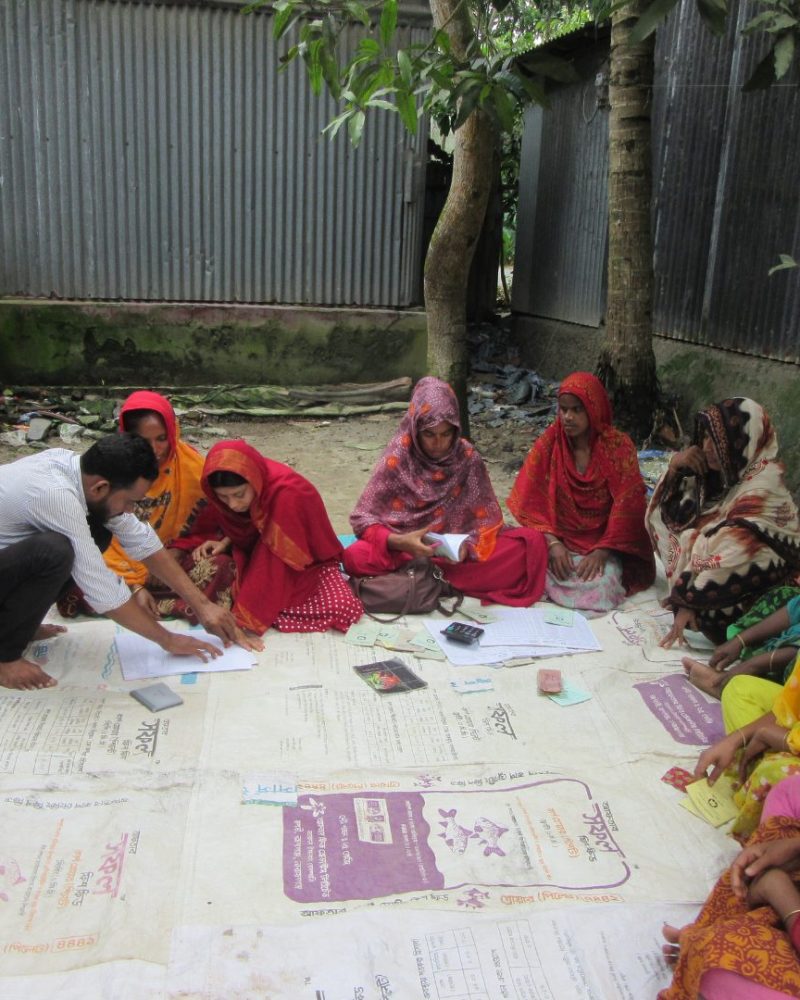Education
and Training
Symbiosis runs a range of training programs for group members and their families to develop skills which help to generate income and attain employable skills. By accessing training, participants understand their strengths and build livelihoods which support themselves and their families.
Functional Education
A key component of Symbiosis’ Integrated Development approach is Functional Education. The method, developed by Bangladeshi NGO FIVDB, uses a Whole Language Approach to developing sign vocabulary, addressing literacy, numeracy, and instilling critical thinking skills among the learners. The lessons combine discussion on social issues listed below with literacy instruction and practical exercises, entitlements to productive resources and services. This component is fundamental to providing a good foundation for the Group work that follows.
Women's Rights
Nutrition
Sanitation and Hygiene
COVID-19
Health and Wellbeing
Disability
Environment
Civic Rights
Vocational Training
The Vocational Training component of our work is a response to the opportunity to further support beneficiaries already involved in integrated development programs.
The different programs are aimed at providing skills to trainees to access new employment opportunities and meaningful work, or build new skills or improve upon skills that can be used to supplement existing income sources or make use of in starting new income generating enterprises.
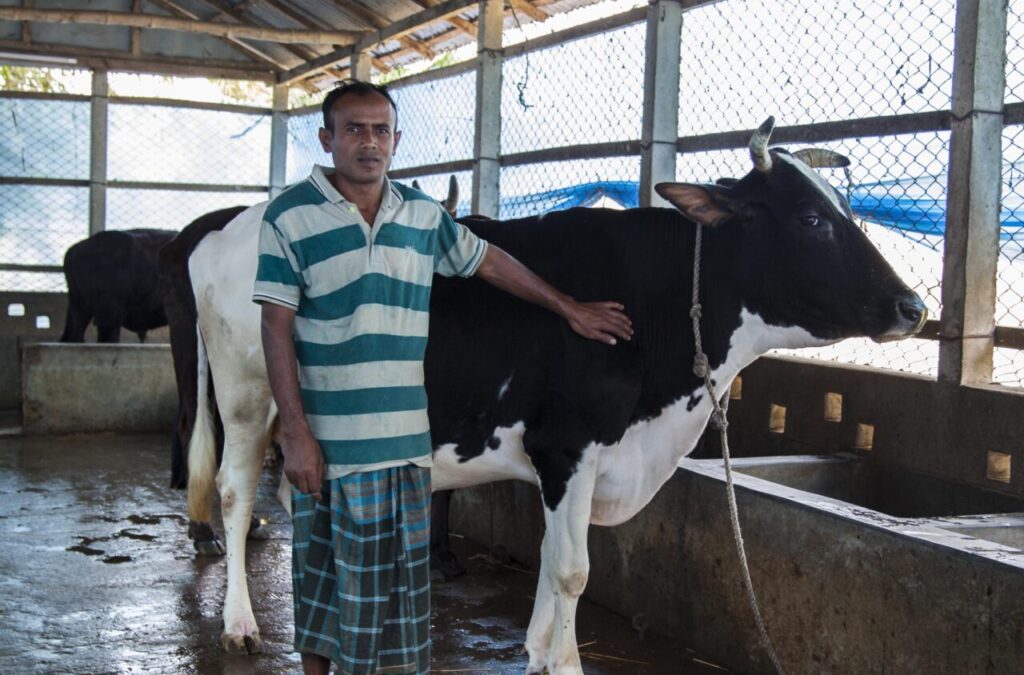
Animal Rearing
The majority of Symbiosis’ work is in rural areas in agricultural communities. The training provided helps women and men who have animals or are planning to
purchase one or 2 animals, with practical and appropriate skills to get the best return
on their investment. The training is targeted specifically at small scale producers,
with between 1 and 10 animals who make up the majority of Symbiosis beneficiaries.
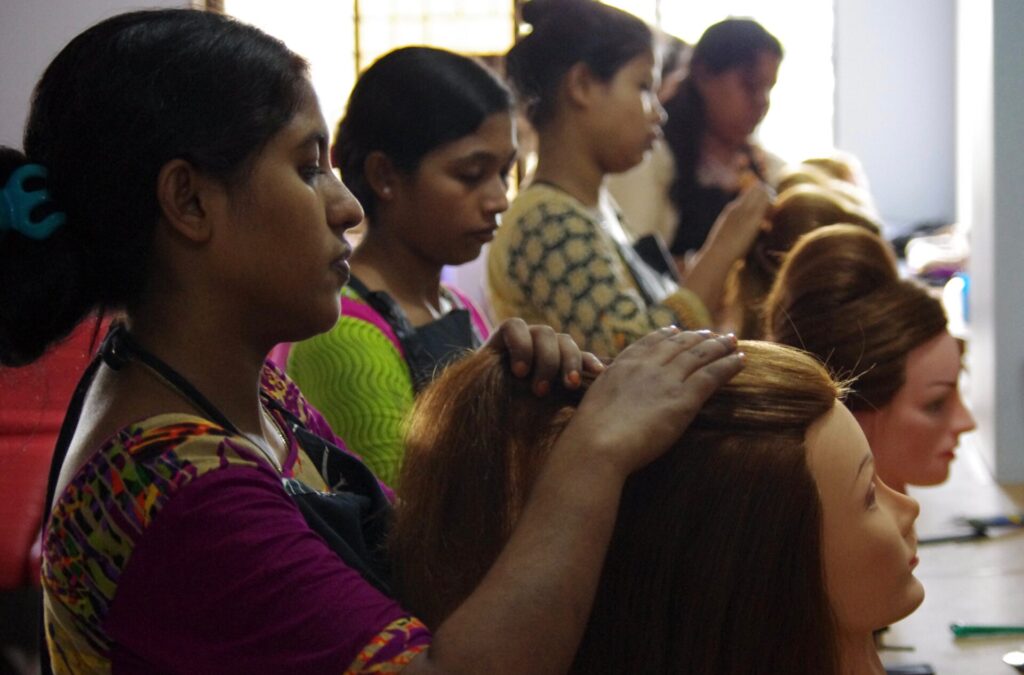
Hair and Beauty
Beauty parlours for women have become more widespread in urban and semi urban areas of Bangladesh and have in the last two decades offered dignified employment
opportunities to enter the work force. Symbiosis provides high quality training backed by qualified Australian Trainers that provide graduates will valuable skills to find employment with established beauty parlours or as self employed artisans.
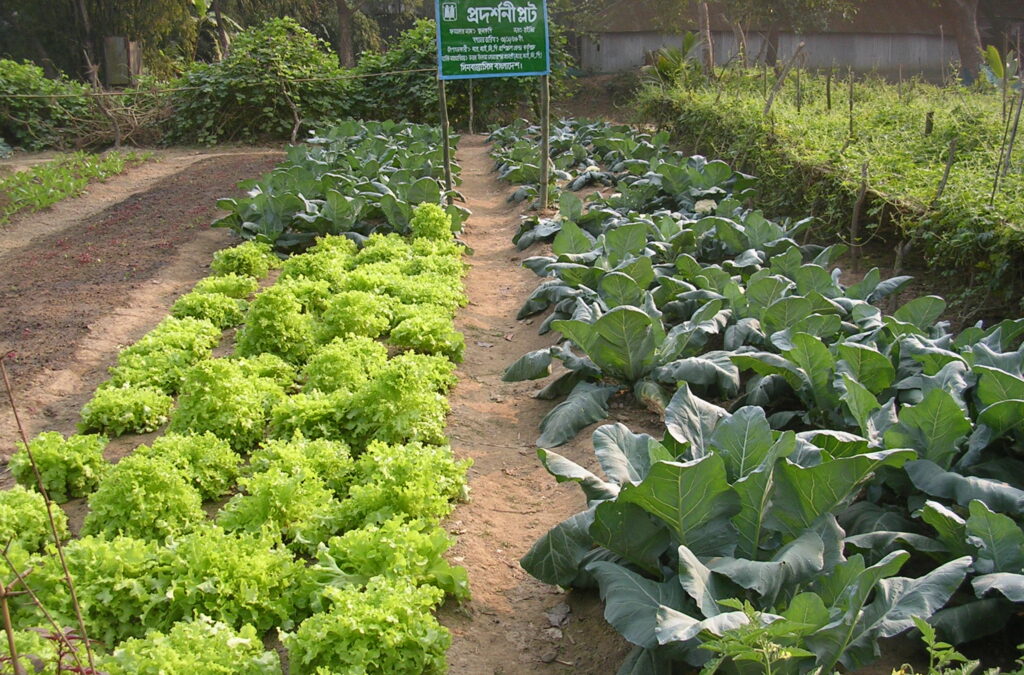
Horticulture
The majority of Symbiosis’ Integrated Development work is in rural areas among
communities involved in agriculture. The Horticulture training provides appropriate
training in small scale horticulture with a special focus on maximising results and output from small areas of land around homesteads. New skills are used to start
small nurseries and enterprise or to supplement household diets through small
gardens which offset costs of purchase.
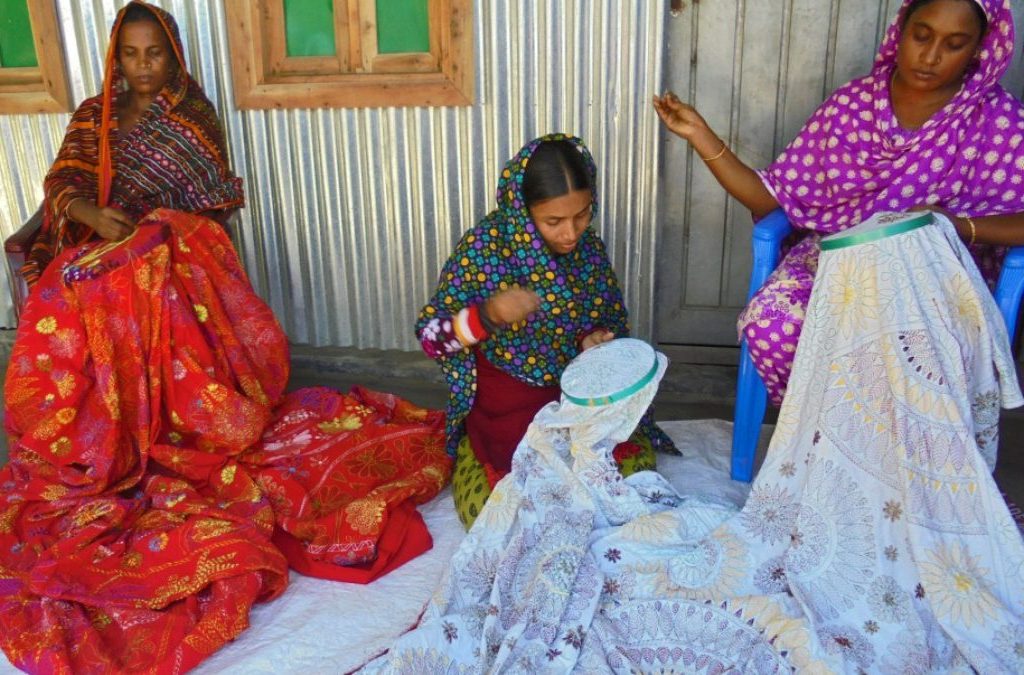
Sewing
Sewing training provided by Symbiosis is focused on providing tailoring skills to
trainees in both rural and urban areas. These new skills enable to trainees to offset
family costs with graduates able to make clothing for their family members and also
provide tailoring services to neighbours in their community. Some graduates use the
skills to start small enterprises in their area or to make items to order that can be
sold on to wholesalers providing extra income for their families.
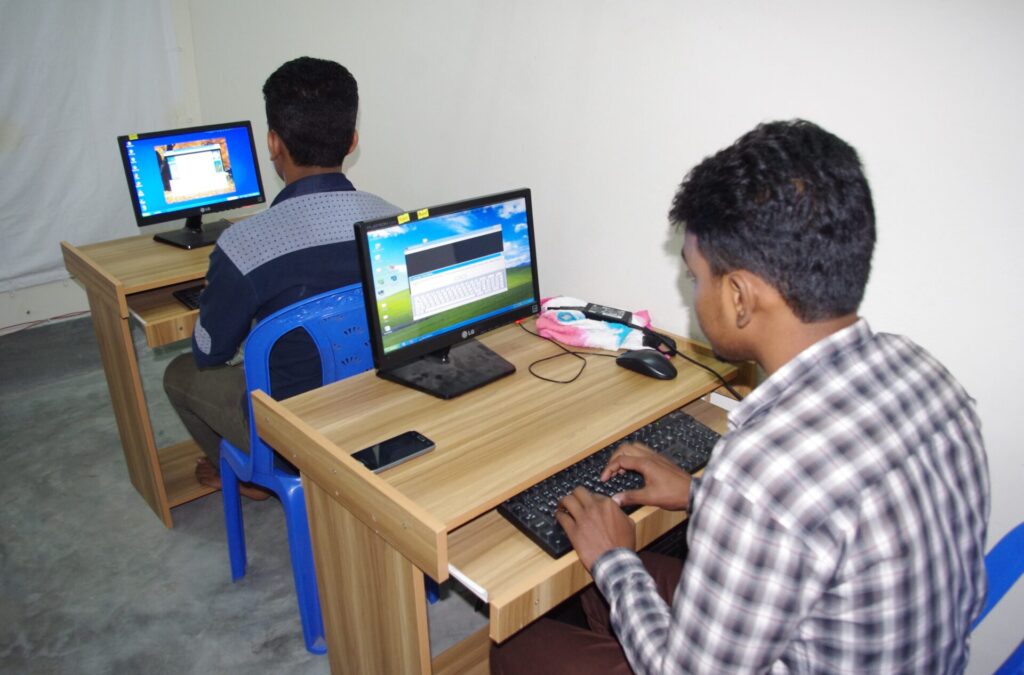
Computer Skills
Computer skills are increasingly required to find employment and function in an increasingly digital Bangladesh. There is a growing need for training in rural and urban areas. Symbiosis computer training centres look to address the gap in areas where there is demand for but no access through schools or local services. These new skills enable people to further their studies and meet job application requirements.
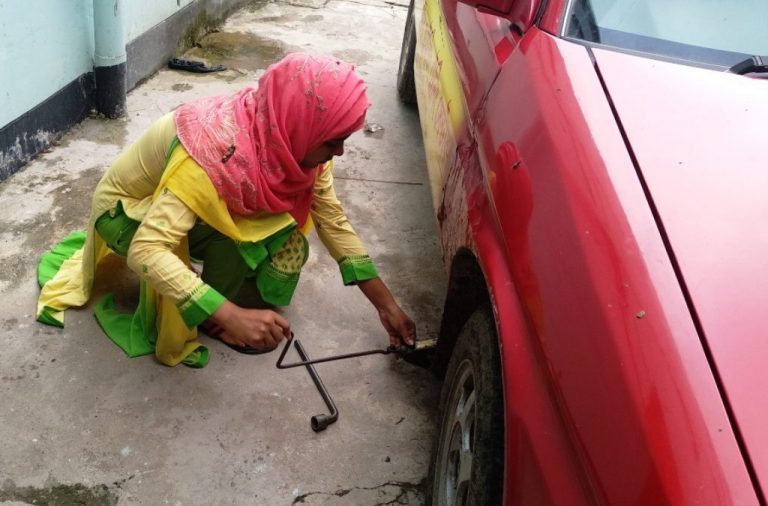
Motor Vehicle Driver Training
The Symbiosis Driver Training Program is aimed at providing quality training to
future drivers in Bangladesh. With a very high percentage of vehicles in Bangladesh
being driven by professional drivers as private chauffeurs and taxi drivers, the
training is especially intended to provide dignified employment opportunities to
young men and women from Symbiosis target communities.
Following their training, many participants and group members go on to establish their own businesses, become local entrepreneurs, gain employment or most importantly improve income, food and livelihood security for their families.
